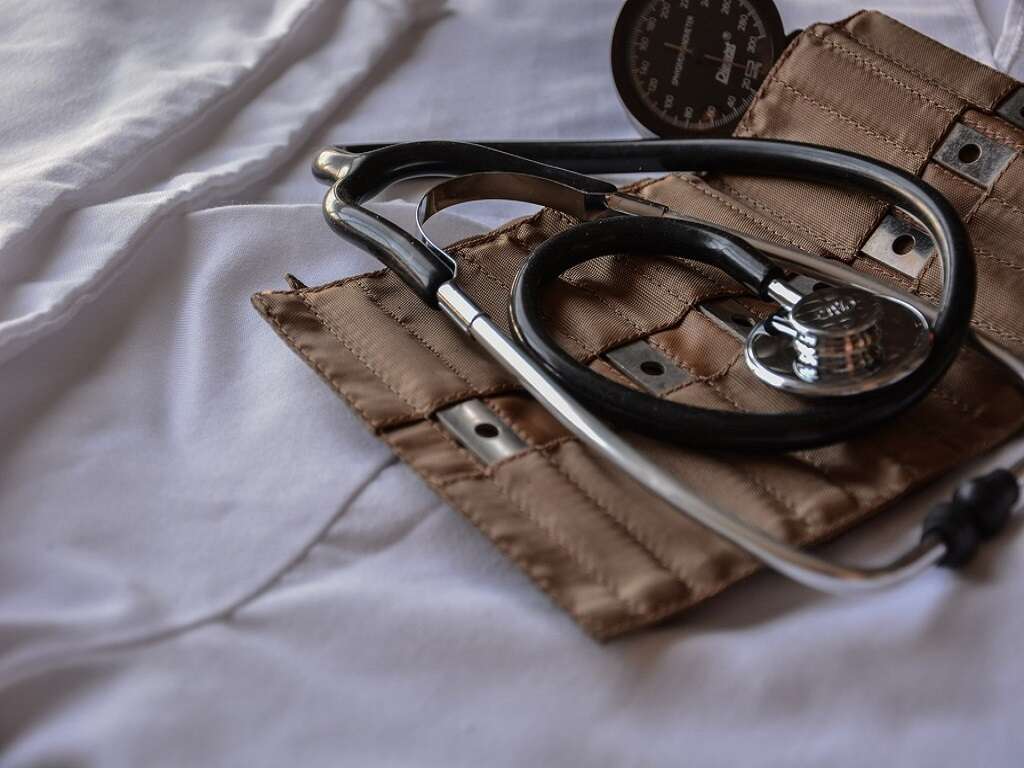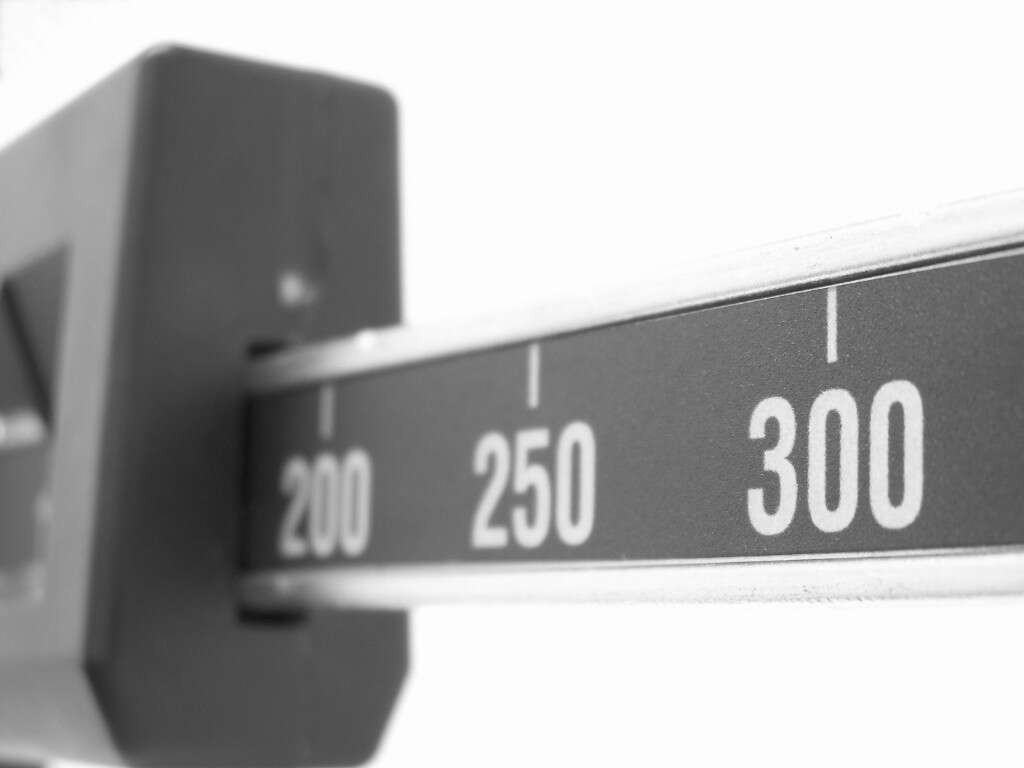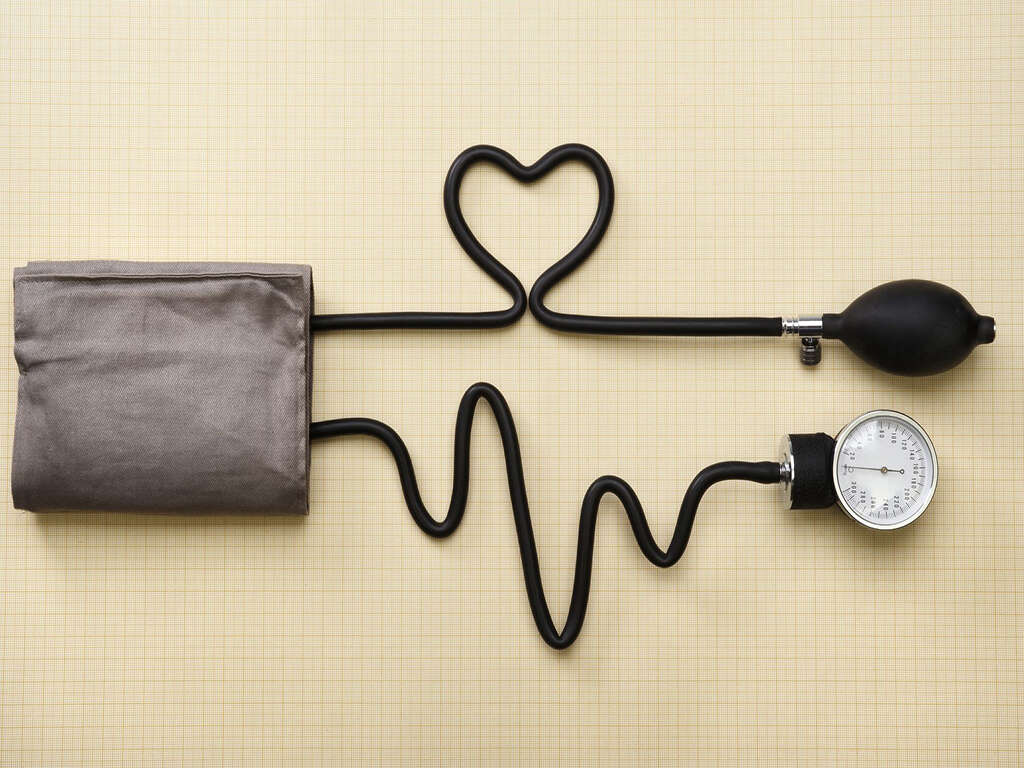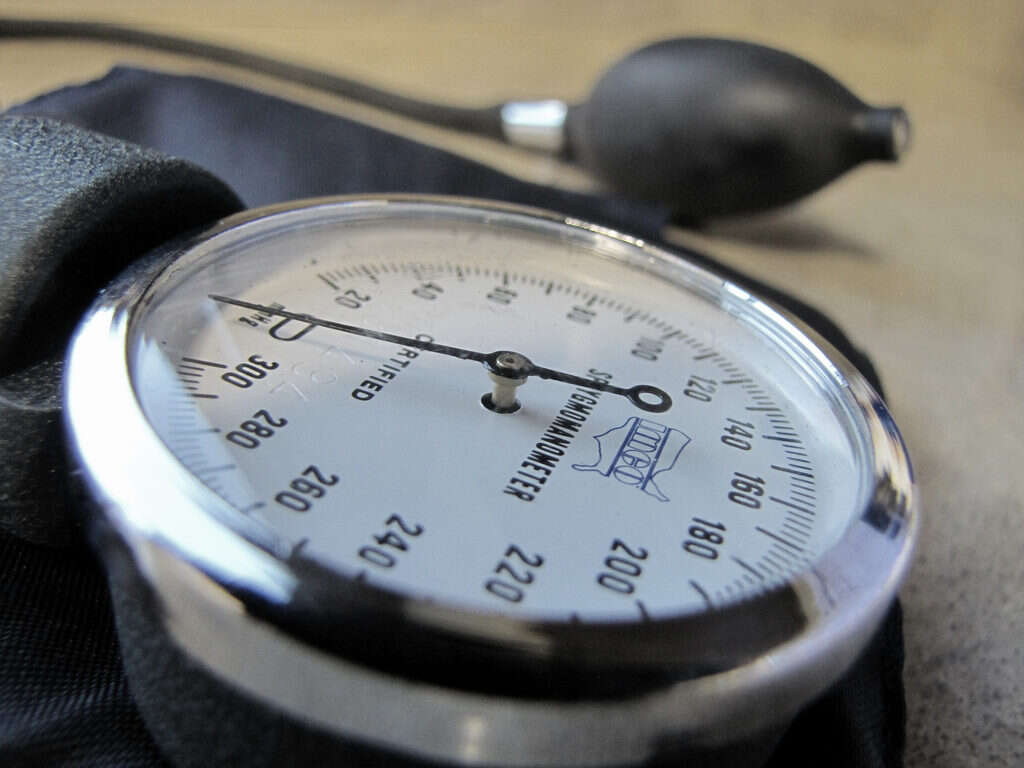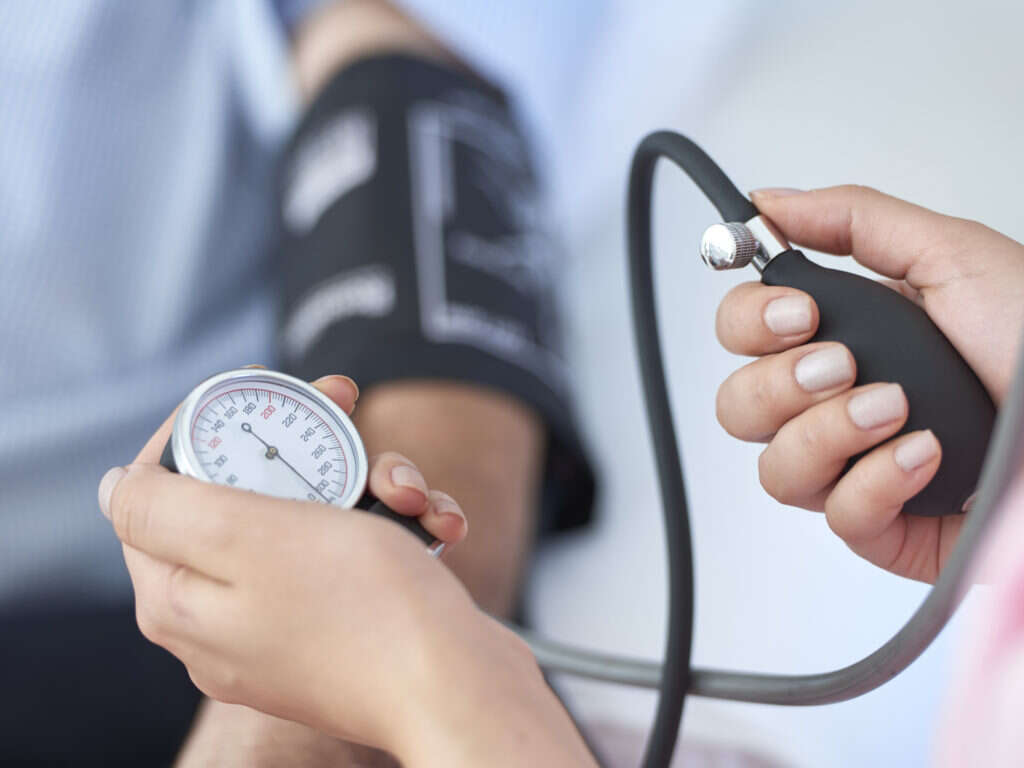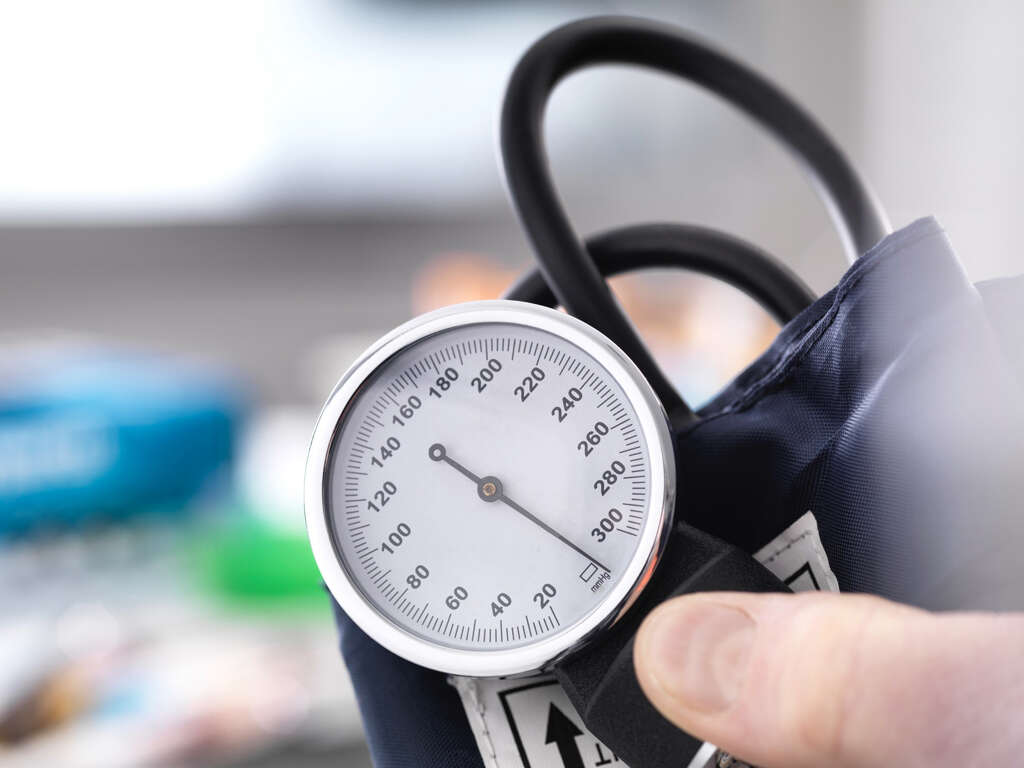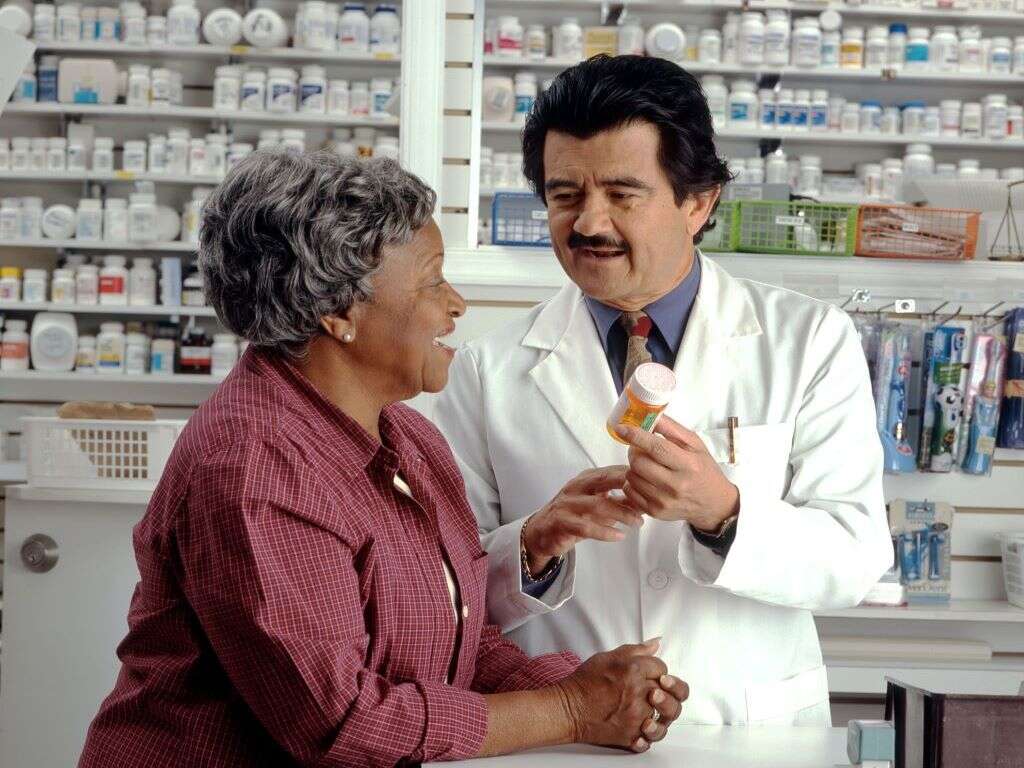10 Lower Blood Pressure Symptoms
 Article Sources
Article Sources
- 1. 'Clammy Skin.' Nicklaus Children's Hospital, www.nicklauschildrens.org/symptoms/clammy-skin
- 2. 'Self-help Tips to Fight Tiredness.' Nhs.uk, 3 Oct. 2018, www.nhs.uk/live-well/sleep-and-tiredness/self-help-tips-to-fight-fatigue
- 3. 'Dizziness - Symptoms and Causes.' Mayo Clinic, 15 Apr. 2020, www.mayoclinic.org/diseases-conditions/dizziness/symptoms-causes/syc-20371787
- 4. 'Water: How Much Should You Drink Every Day?' Mayo Clinic, 6 Sept. 2017, www.mayoclinic.org/healthy-lifestyle/nutrition-and-healthy-eating/in-depth/water/art-20044256
- 5. 'Orthostatic Hypotension.' NORD (National Organization for Rare Disorders), 20 July 2017, rarediseases.org/rare-diseases/orthostatic-hypotension
- 6. 'Depression Statistics.' Depression and Bipolar Support Alliance, 12 July 2019, www.dbsalliance.org/education/depression/statistics
Breathing Problems
The body relies on consistent blood flow to carry oxygen and essential nutrients to various organs, including the lungs. Having lower blood pressure can make breathing more difficult, especially in overweight or elderly individuals.
For some, breathing issues associated with lower blood pressure are alleviated by avoiding vigorous activities or environments containing pollutants, smoke, chemicals or allergens. If breathing becomes labored, it may be necessary to seek emergency medical attention. Doctors may administer oxygen directly to stabilize breathing patterns.
Advertisement
